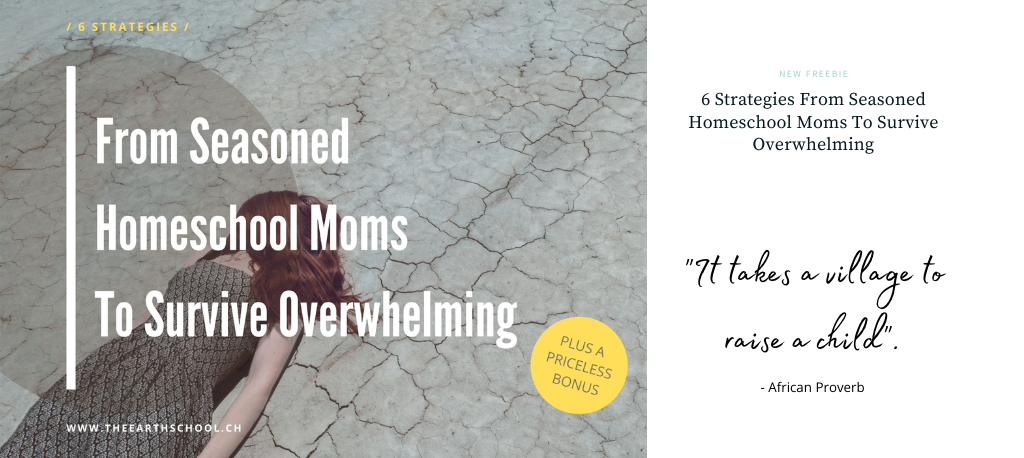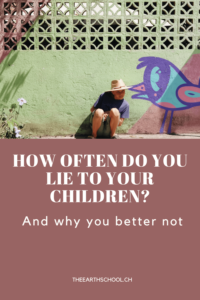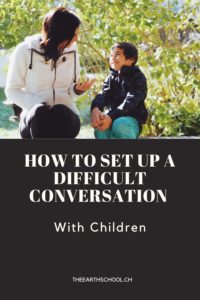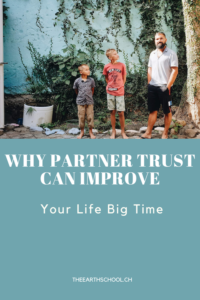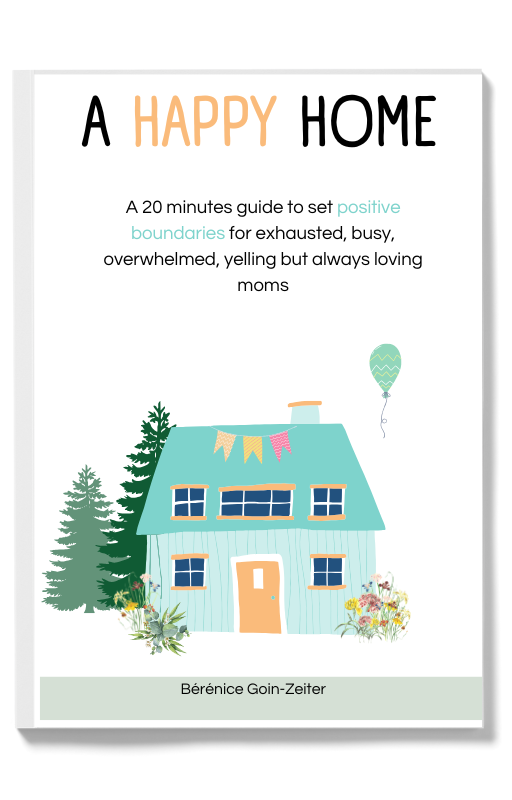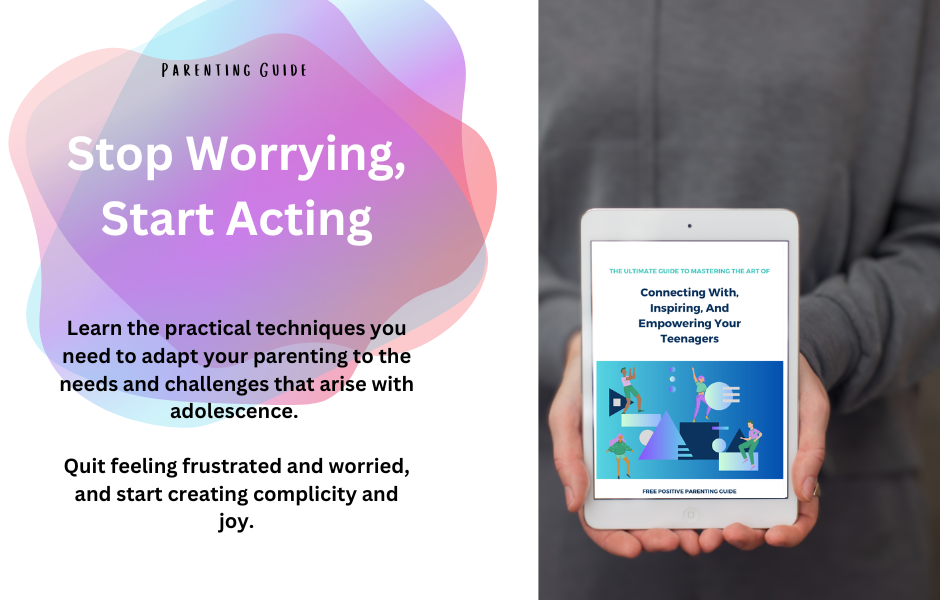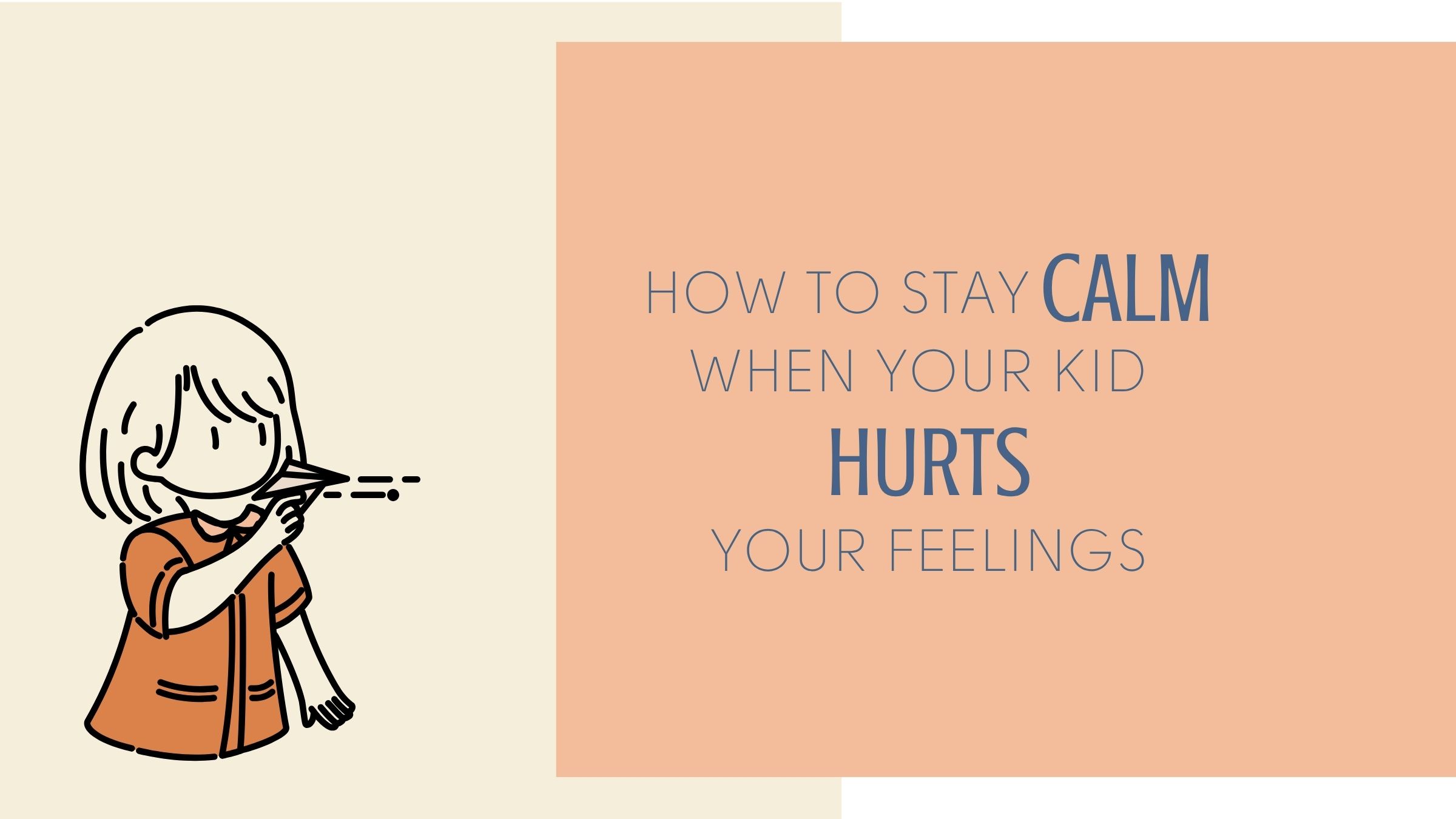
#30 What Can Trigger Anger Better Than Kids? It’s Time You Stop Being Angry
Parenting life would be so much nicer without anger.
We do realize that anger isn’t an efficient answer as it leaves children feeling scared, helpless, sad, or ashamed, while it leaves us feeling guilty. So why does it burst out so easily?
Don’t have time right now? Download the PDF and read it when you want!
Children Are Amazingly Good At Triggering Our Anger
How many times a day do you get angry because of your children? From a slight irritation to sheer rage, we experiment with several episodes of anger every day.
But why? Why do we get angry so often?
We usually blame it on our children.
- « They never listen ».
- « I had to repeat everything a thousand times ».
- « They’re too slow to react »
- « They don’t do what I ask »
- « They are too demanding »
- « I have to repeat the same things every day »
- « They’re not respectful »
- « They don’t help if I don’t ask »
Those are the complaints I hear more often, and it took me about 3 seconds to write down this list because I hear them all the time, from exhausted moms, from out-of-patience moms, from desperate moms.
You can add to the lists the moments when your children are messing around, the sibling bickerings, them being careless, or clumsy and you have a long list of anger opportunities in your day!
So it seems legit that moms get angry all the time.
The thing is, we know it is not healthy. Intuitively, we can tell that anger is not the answer, because:
- we want to be good parents to our children, and having them compliant through fear doesn’t sound like the must of positive parenting, does it?
- anger leaves us tired, empty, and definitely lacking joy, and that’s not a state we enjoy.
Anger Management To Stop Being Angry
There are techniques to help you stay calm and not fall into anger at the first opportunity.
- Take a few breaths before you speak
It might seem like cheap advice, but have you actually tried?
Breathing deeply allows us to connect with ourselves and to let the emotions diffuse a little bit. The hardest part is not to be in reaction but to have enough self-control to breathe before reacting. Not as easy as it sounds! - Change your inner dialogue
Our inner dialogue has a great influence on us. It creates our thoughts, which, in time, will turn into beliefs. This is why being conscious of this dialogue is important. Consider this: if instead of thinking « Liam is not listening to me, again », you think « Liam is absorbed in his book », it definitely changes the way you will react to the situation. - ABC method
Same as before but a notch deeper.
A is being open to the different interpretations of a situation, B is being aware of the negative thoughts that go with every interpretation, C is being more in control of your emotions. You can learn more here. - Identify the trigger
Does this anger belong to you? Or is it a consequence of your education? You can make peace with old patterns that run in your family or learn more about family secrets here.
But honestly, don’t you feel frustrated at this point by those solutions, no matter how good they are? This is because it is like putting a bandaid on a bleeding wound. You are working on the symptom, not on the cause.
It Is Exhausting To Try Not To Be Angry Every Time
A quick temper is already a symptom of fatigue, so having to throw extra efforts into diffusing our anger can feel overwhelming.
You might end up even more frustrated if you fail, blaming your children for putting you in this situation, blaming yourself for not being up to the task, blaming your husband for not being here to support you, blaming the bad weather for not helping, blaming the universe for… Maybe you’re familiar with this path of thought?
When I am facing a parenting problem, I don’t really appreciate being given extra work. I mean, my main issue as a mom is that parenting is a lot of work! And managing emotions asks for a lot of energy. Especially anger.
Anger has some very healthy purposes though:
- It helps to overcome frustration
- It helps us to fight an injustice
I will develop those in another post as I explain why your child’s anger is a very good thing for him. But most often, anger is used as a screen that hides something. It can hide an emotion or a thought, a judgment. And that is what interests us today. Because when you get angry 20 times a day, it is not proper anger that kicks in, but anger as a disguise for something else.
So while emotion management is tiring, imagine what’s it’s like when you have twice the work (the conscious emotion: anger, the unconscious emotion or thought underneath).
[Tweet “#anger is exhausting if it’s used to #hide another emotion”]
It is all unconscious of course, but if you can bring it to consciousness, half the work is done without effort.
Keep it all in one place with our cheat sheet
Understanding Anger To Stop Being Angry
When an emotion is too intense, or when we don’t allow ourselves to feel it, we hide it with anger. This anger comes as a second emotion, shading the primary one.
Let’s say your child is climbing in a tree, suddenly their foot sleeps and they nearly fall. You feel a peak of fear but your reaction is one of anger as you yell at your child « I told you not to climb in that tree! » or « you’re not able to climb that tree, come down here! ».
Or let’s say that your child is playing in their room. You don’t check on them for a while and suddenly you hear a big bang. Your child broke their lamp. You feel guilty for not coming to check on them and interrupt a rough game in time, but what you yell is « what did you do? », « you broke your lamp! I can’t believe this! ».

Gentle reminder: emotions are draining, going through an emotion takes energy, in this case, you have two emotions at once, so if you’re often tired, ask yourself if you get angry a lot and if it is really just anger.
Another reason we use anger is to hide a thought or a judgment. Again, this is a two layers situation. Consciously, our thoughts are on the other person (the one who receives our anger) and unconsciously they are on us.

Can you see which of those assumptions actually triggers your anger? It is the unconscious ones. It is important for you to identify those thoughts because then you’ll put your energy in the right place to ease your anger: not your children’s behaviors but maybe self-esteem issues, self-care issues, or other personal issues.
Once it is understood and accepted that anger can be a mask for a deeper emotion or thought/judgment, you can free yourself from several anger outbursts every day.
« Man is affected, not by events, but by the view he takes of them ». – Epictetus
It’s not Children But Unanswered Needs That Trigger Your Anger
Why do we think that our children make us angry? Because we misunderstand the reasons for our anger. Of course, there are moments when our anger is legitimate and healthy. As I said earlier, anger is the go-to emotion to overcome frustration and to fight injustice.
Most of the anger we experiment with is a cover-up though. And the best way to undermine this useless anger is to discover what it’s hiding. And guess what, you will realize that it has to do with unanswered needs.
Women are raised with the idea that they should dismiss their needs and satisfy those of others. This is a cultural, patriarchal thing. Actually, we ask all children in general to deny their needs, but we do ask it of girls especially.
As a consequence, we women, (and mothers on top of that) are so used to put ourselves last and suppressing our needs that we don’t even realize we do it. It is unconscious. But the pain, the anger, and the frustration that come from it cannot be suppressed and it often comes out on our children.
Don’t want to lose this information? Download our cheat sheet
They’re the ones receiving our anger for several reasons if you wonder: we spend a lot of time with them so there are more chances they touch a sensitive point, they mirror our childhood wounds, they ask for things that were denied to us,…
It is not by chance that I chose a volcano to illustrate anger. It is not because anger is volcanic (even though it can be), it is because our unanswered needs are like the magma that builds up under a volcano and makes it explode.
You are worth listening to your needs, and you are worth asking for your needs to be respected and met. This is not selfishness, this is self-respect. Mark my words. You are worth making your needs as important as anyone else’s in your family.
How Can You Express Your Needs And Stop Being Angry
Do you sometimes feel like a witch more than like a mother? I remember a few years back when every night before sleeping I would beat myself up for all the harsh things I said, for my short temper, for my anger outbursts. I would promise myself that the next day I’d do better, just to feel ten times worse at my first failing.
As I write this, I think of this beautiful movie “Kirikou and the sorceress”. Have you watched it? This is a must for a family night. Kirikou is a little boy in an African village, and there is this terrible sorceress Karaba, who makes everyone miserable. Until Kirikou finds out that she is in pain. Once the pain is gone, she becomes nice.

This is an allegory of every woman on this planet. Our pain is that we deny ourselves the right to fulfill our needs, and it makes us angry, and mean sometimes, or sad, depending on our temperament.
Acknowledging our needs isn’t being selfish, as needs are the expression of our vital energy. Denying our needs create the conditions to be violent towards oneself, and eventually towards others.
When you start to wonder what is behind your anger, and what needs are not answered, you can express them, and give your family a chance to answer them. – Berenice Goin
If you’d like to hear more about your needs, how to answer them, and what to do when your needs and your children’s needs seem in opposition (they want to go to the park/need for outdoor, and you want to be quiet at home/need to rest), just let me know, and I’ll gladly create content about it. You can leave a comment here or send me an email with your question via the contact form.
Thanks for reading this article! As always, I hope it gave you some line of thoughts to explore as well as ideas to act and create a positive change in your parenting life.

 Don’t let the inspiration fades and take action right away:
Don’t let the inspiration fades and take action right away:
1. Download our cheat-sheet, it’s on the house. Decide on one action you will implement from today and write it down
3. Share this article with a friend who could benefit from it
4. Join us on Instagram for more great content
I wish you all the best with your kids, always remember that we all do the best we can at a given moment, so never judge yourself harshly. Be confident and listen to your intuition. If what you do comes from a place of love, then you’re on the right path.
See you next week for another exciting article!

Do you want more?
Don’t Forget To Join Our Community To Get Inspiration And Tips Straight in Your Mailbox
I wish you all the best with your kids. Always remember — we’re all doing the best we can in any given moment, so try not to judge yourself too harshly. Be confident and listen to your intuition. If what you do comes from a place of love, then you’re already on the right path.

If this post resonated with you — if you’ve ever walked ten paces behind your child, wondering if you’re ruining everything — come join us on Instagram.
It’s where I share reminders, reflections, and the odd parenting confession… for mums figuring it out one heart-twinge at a time.


